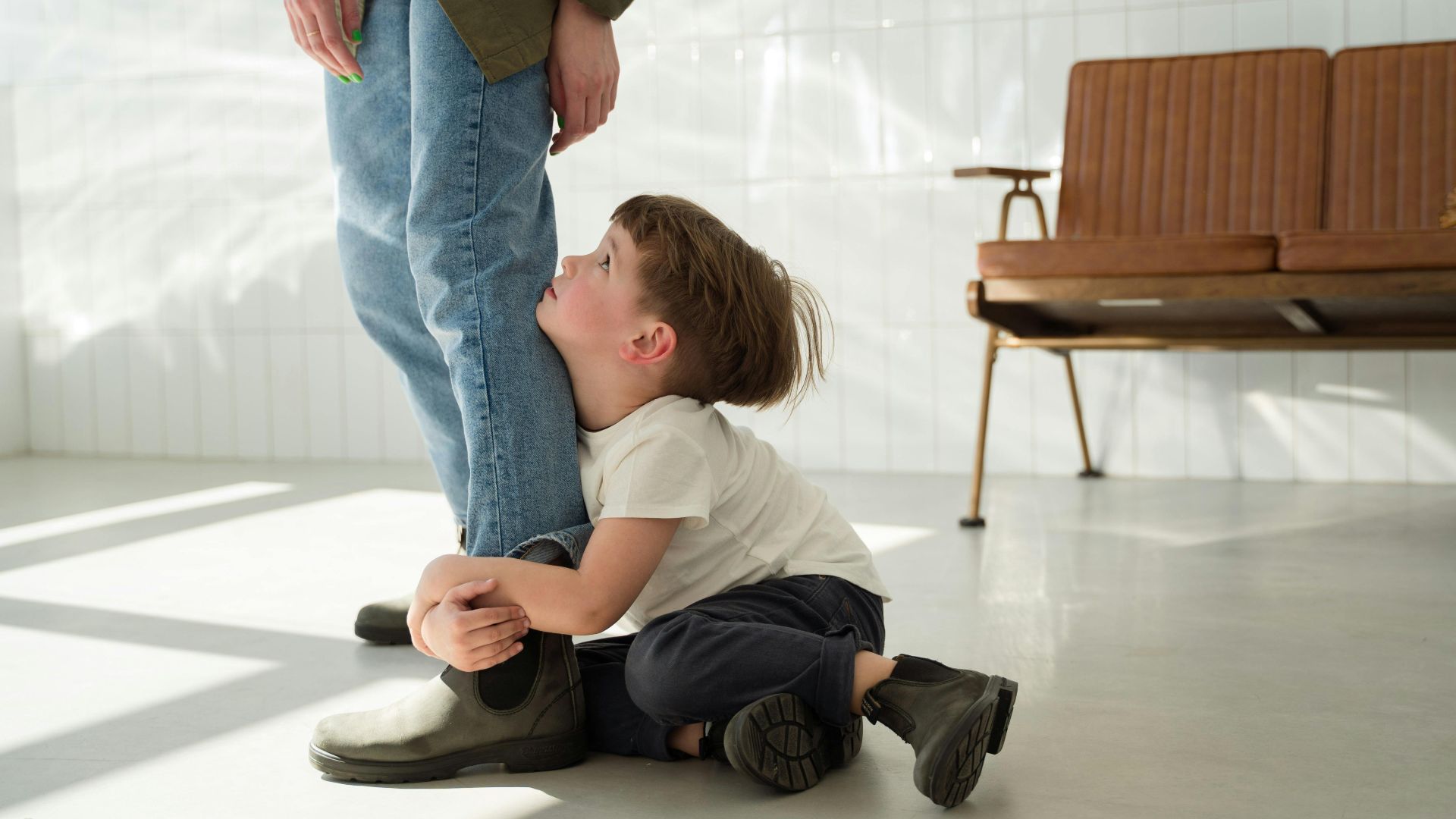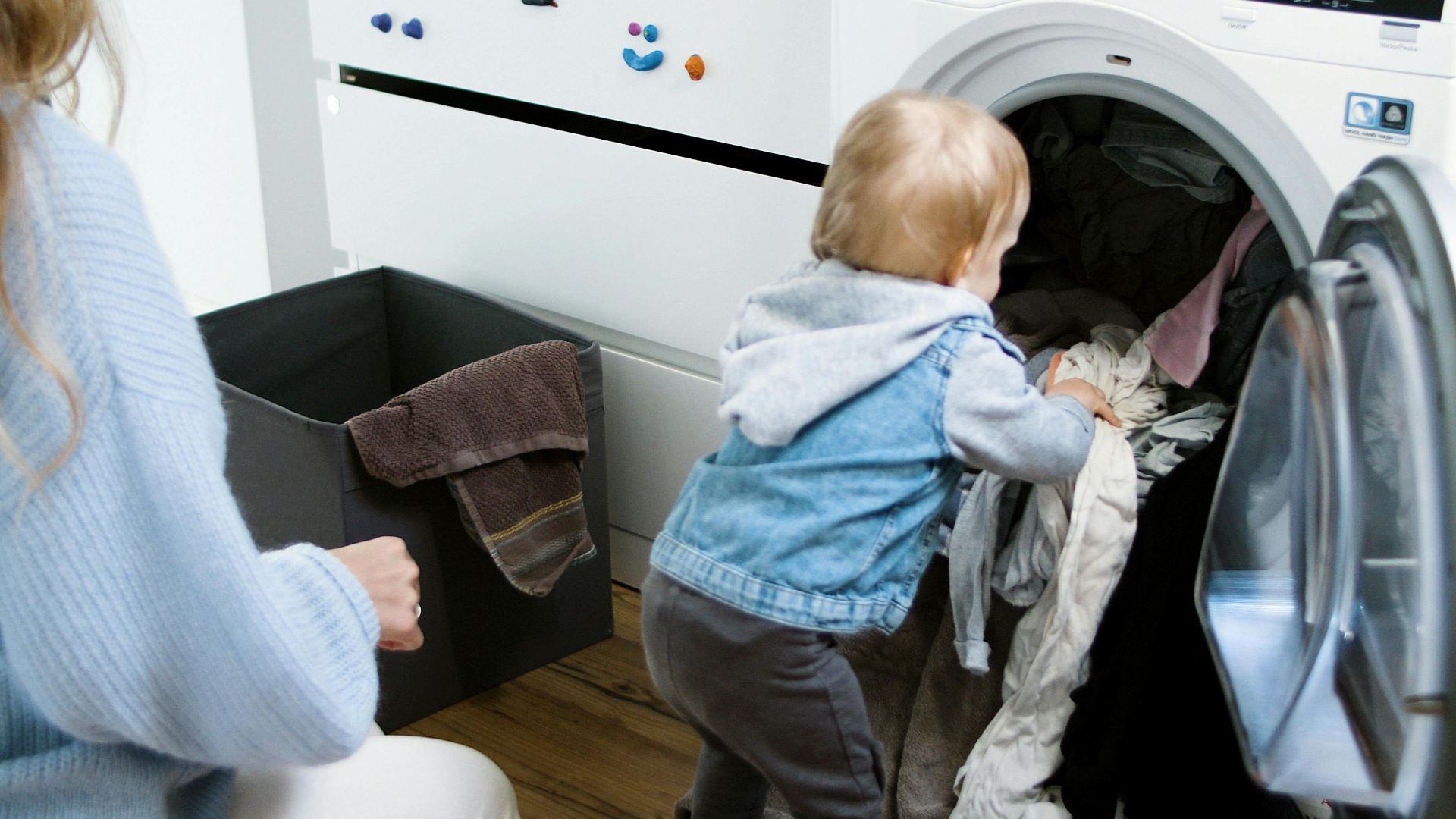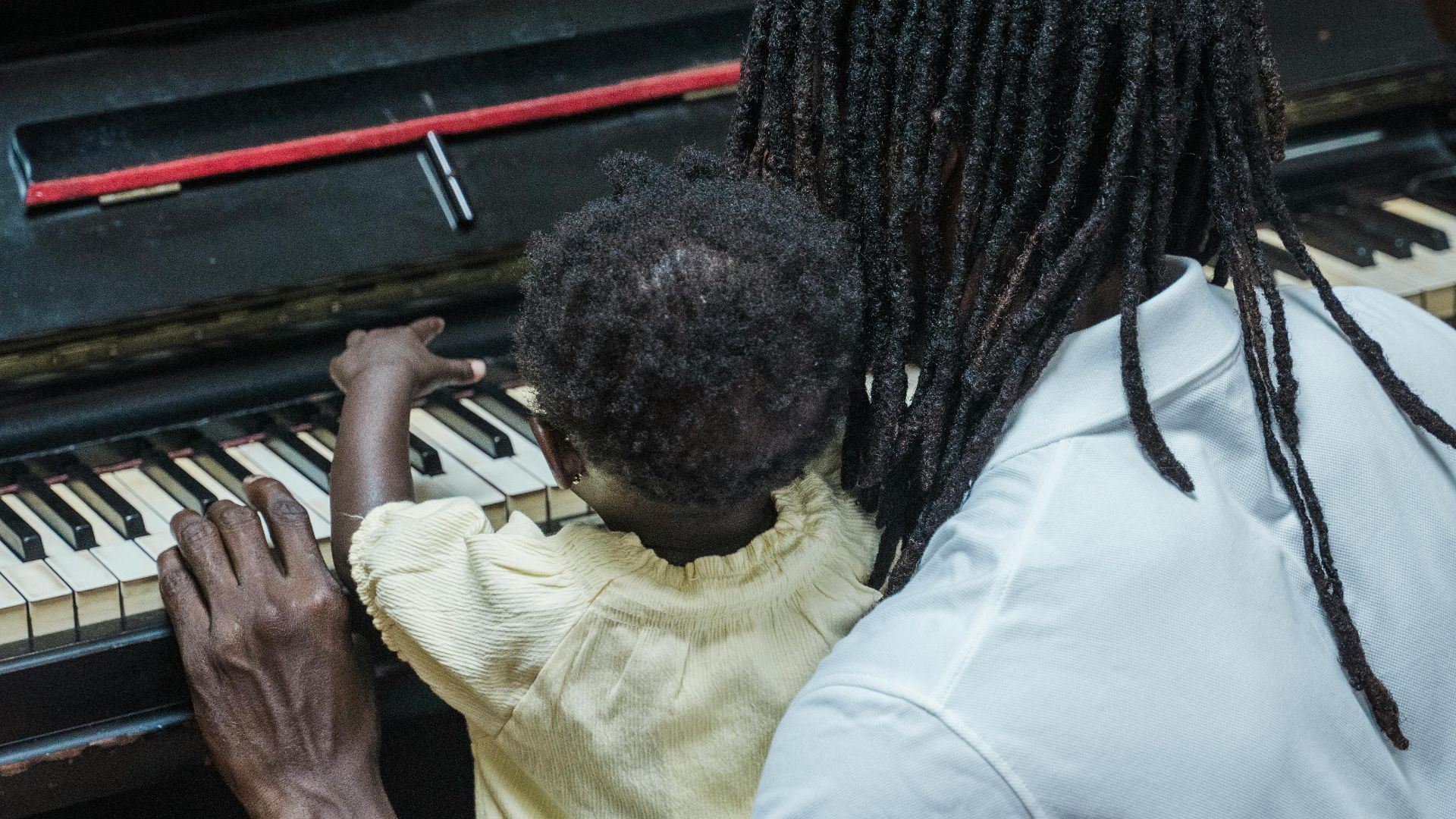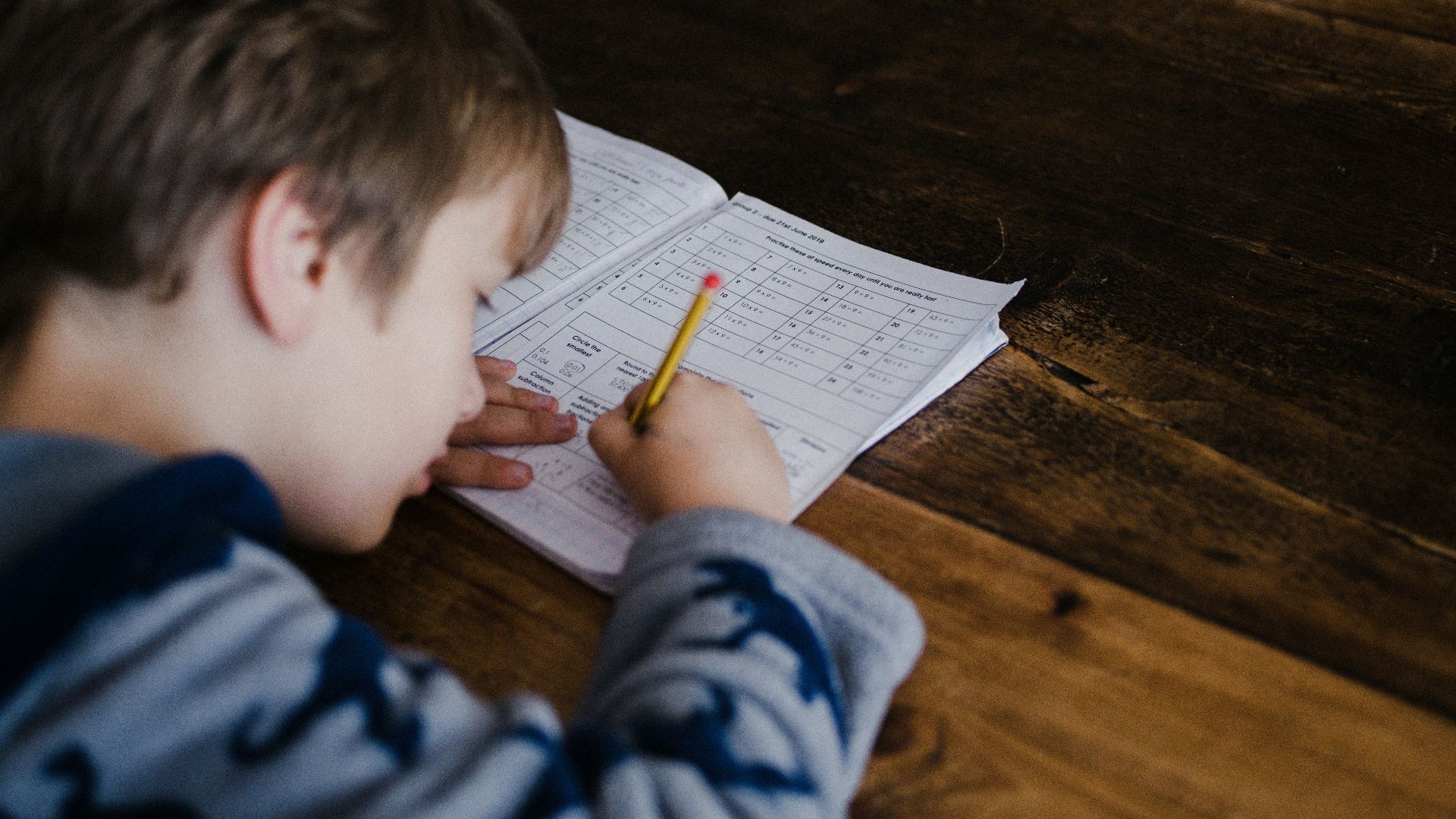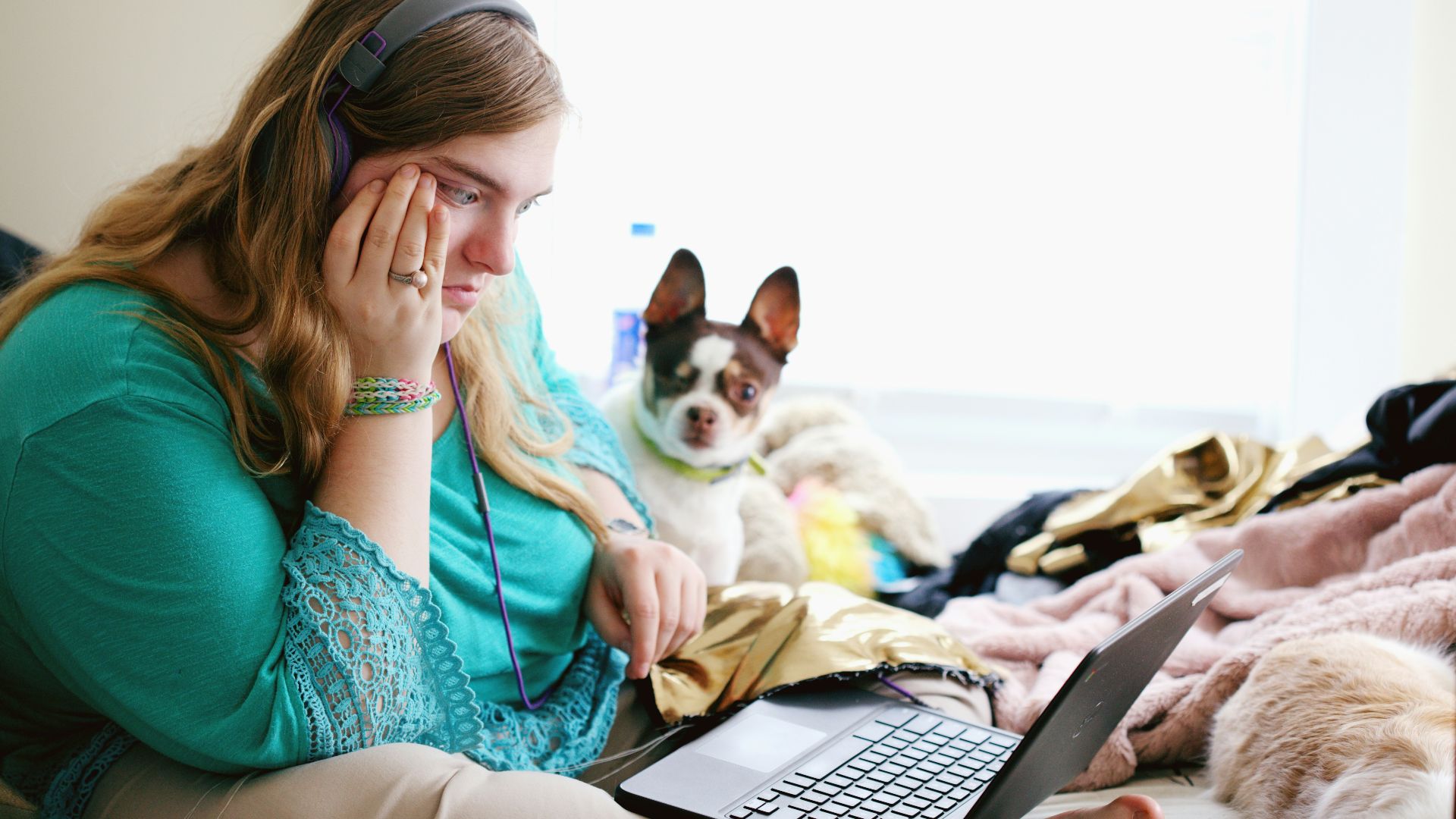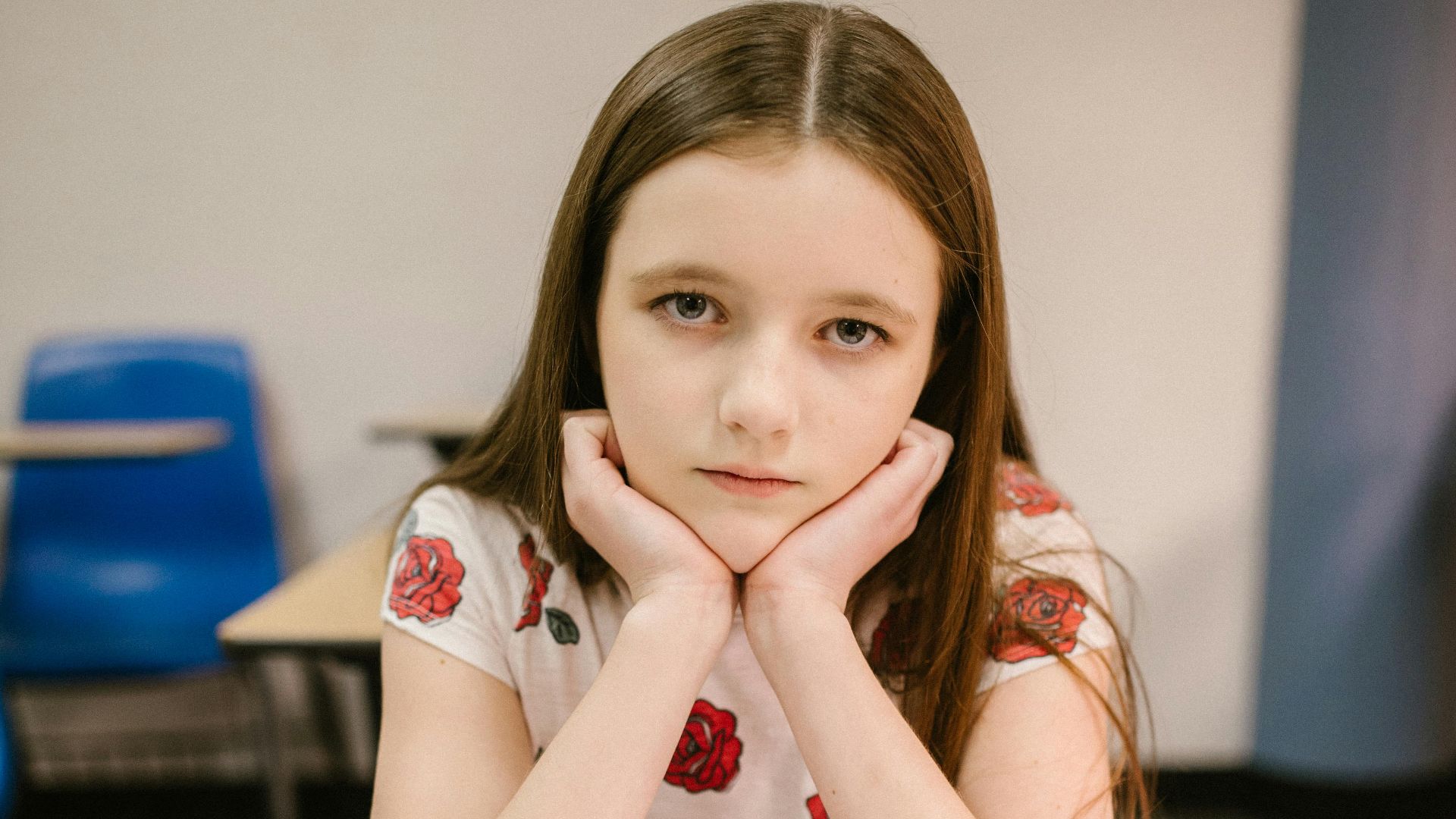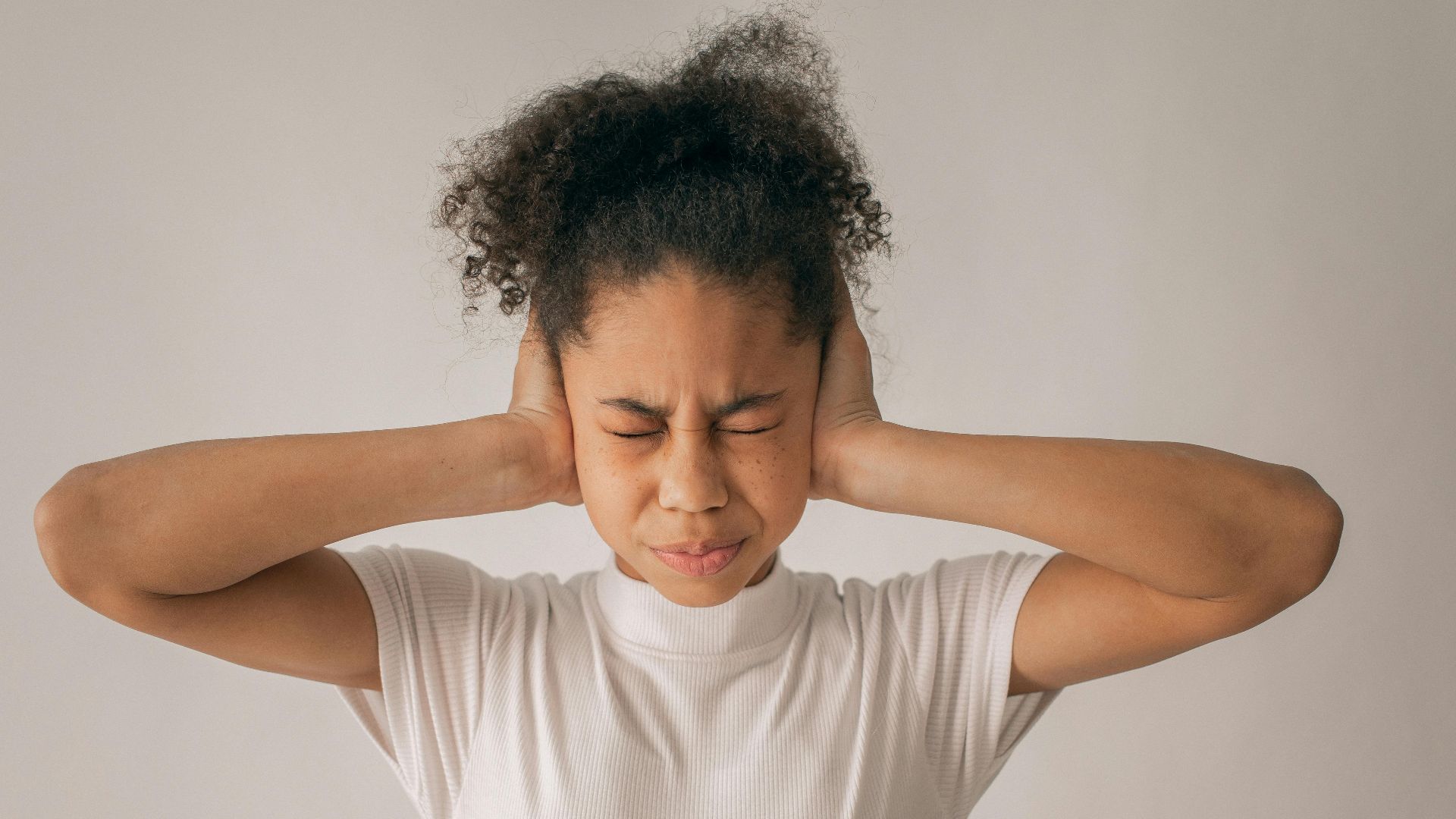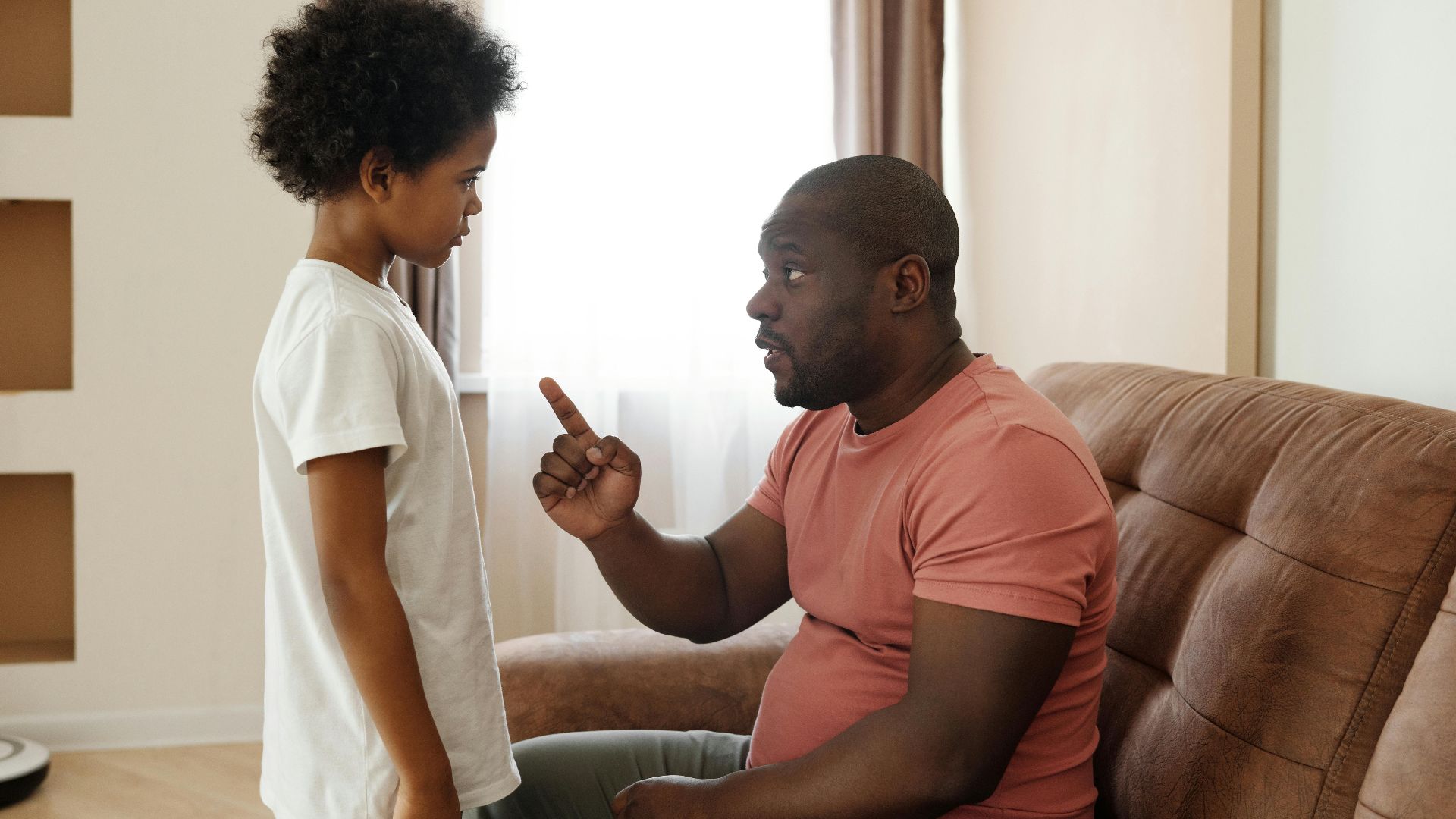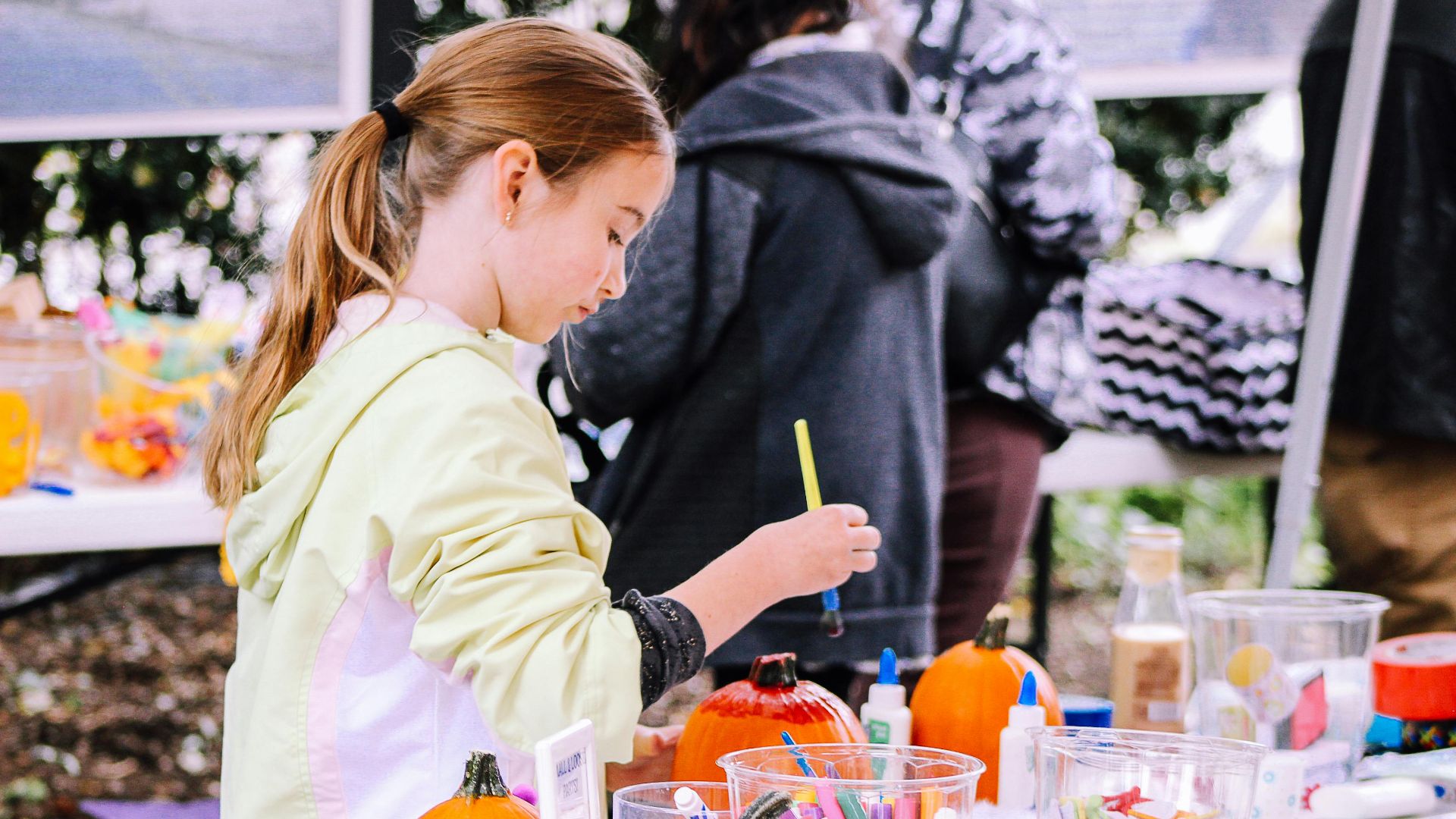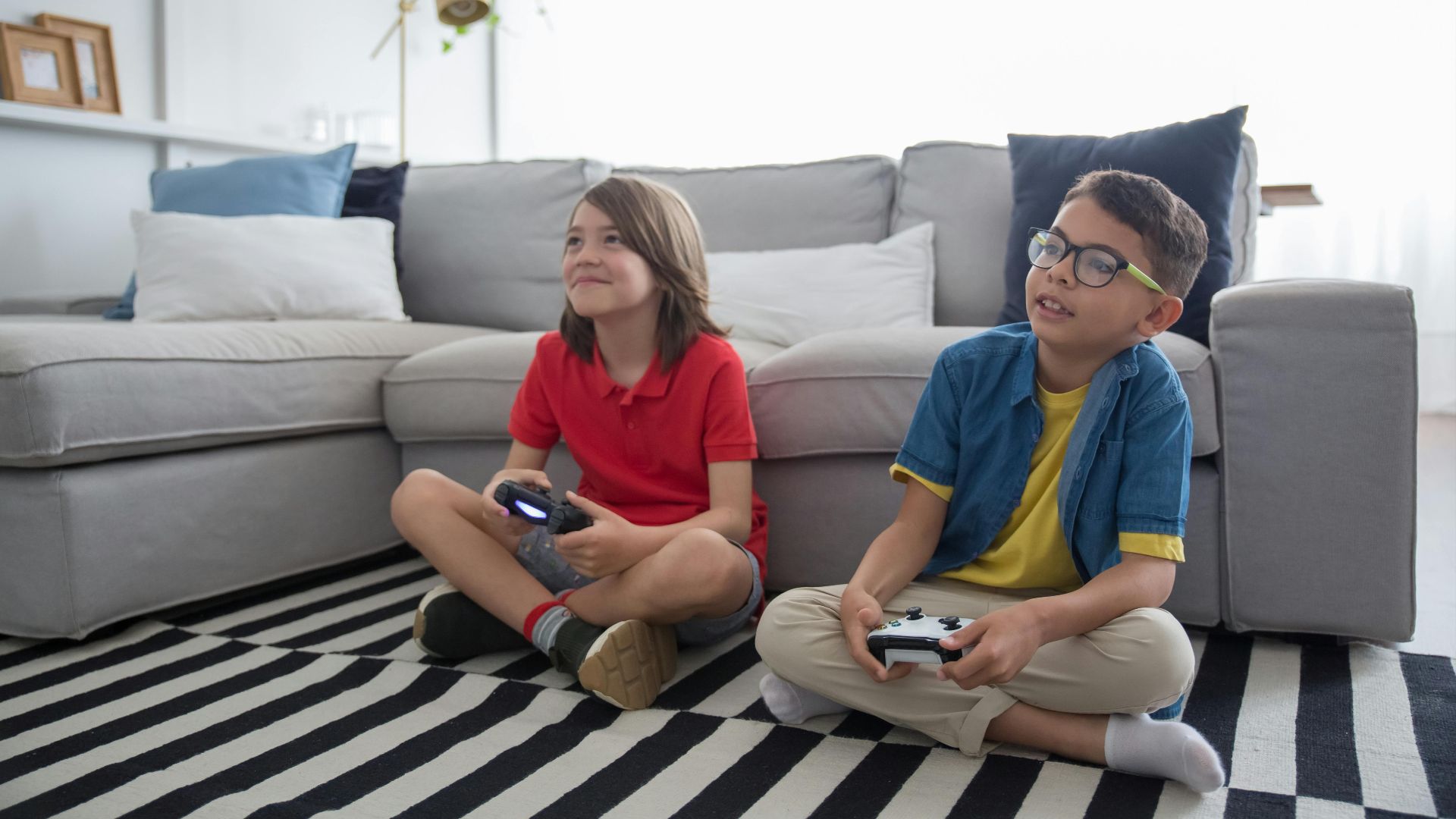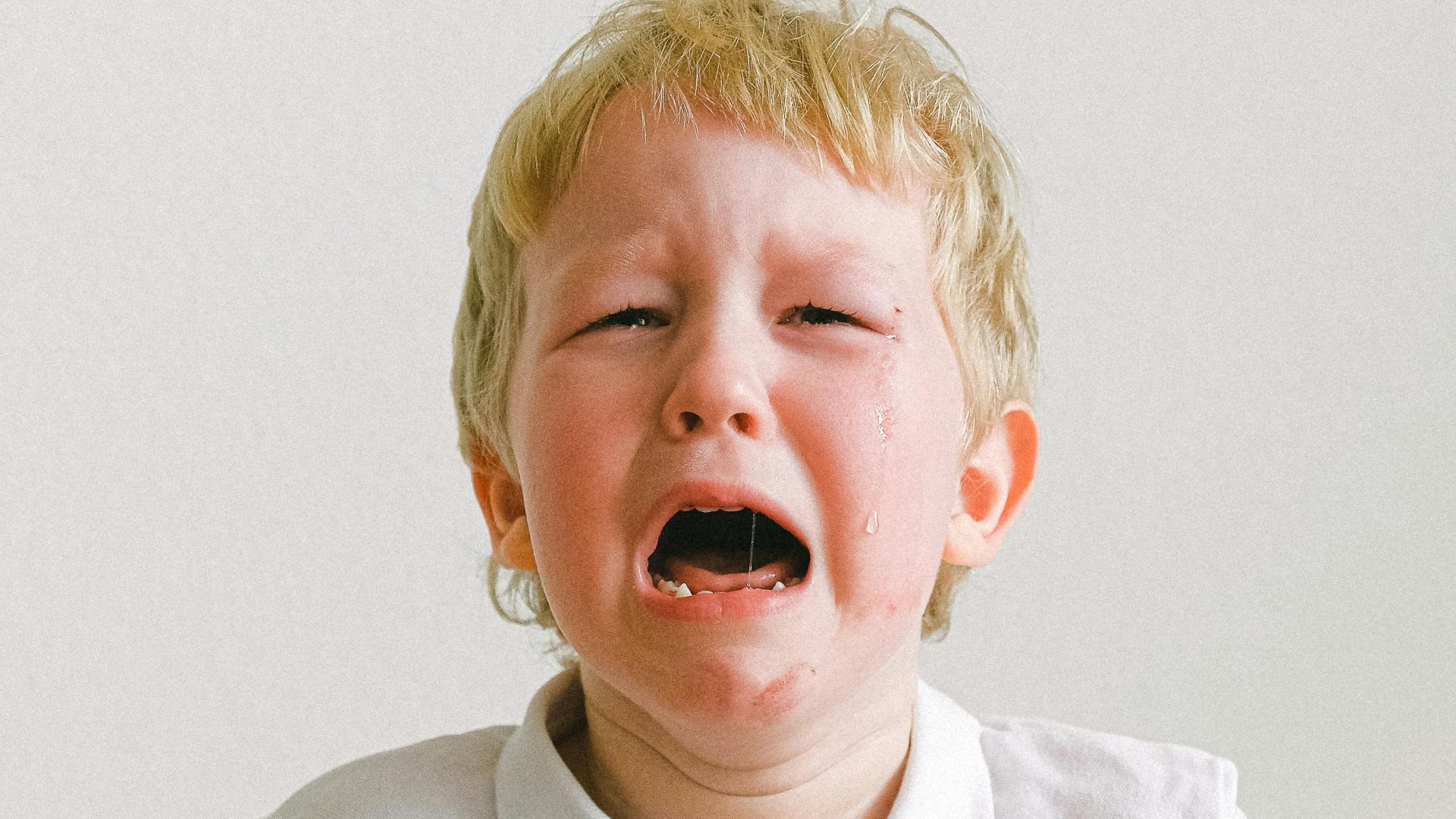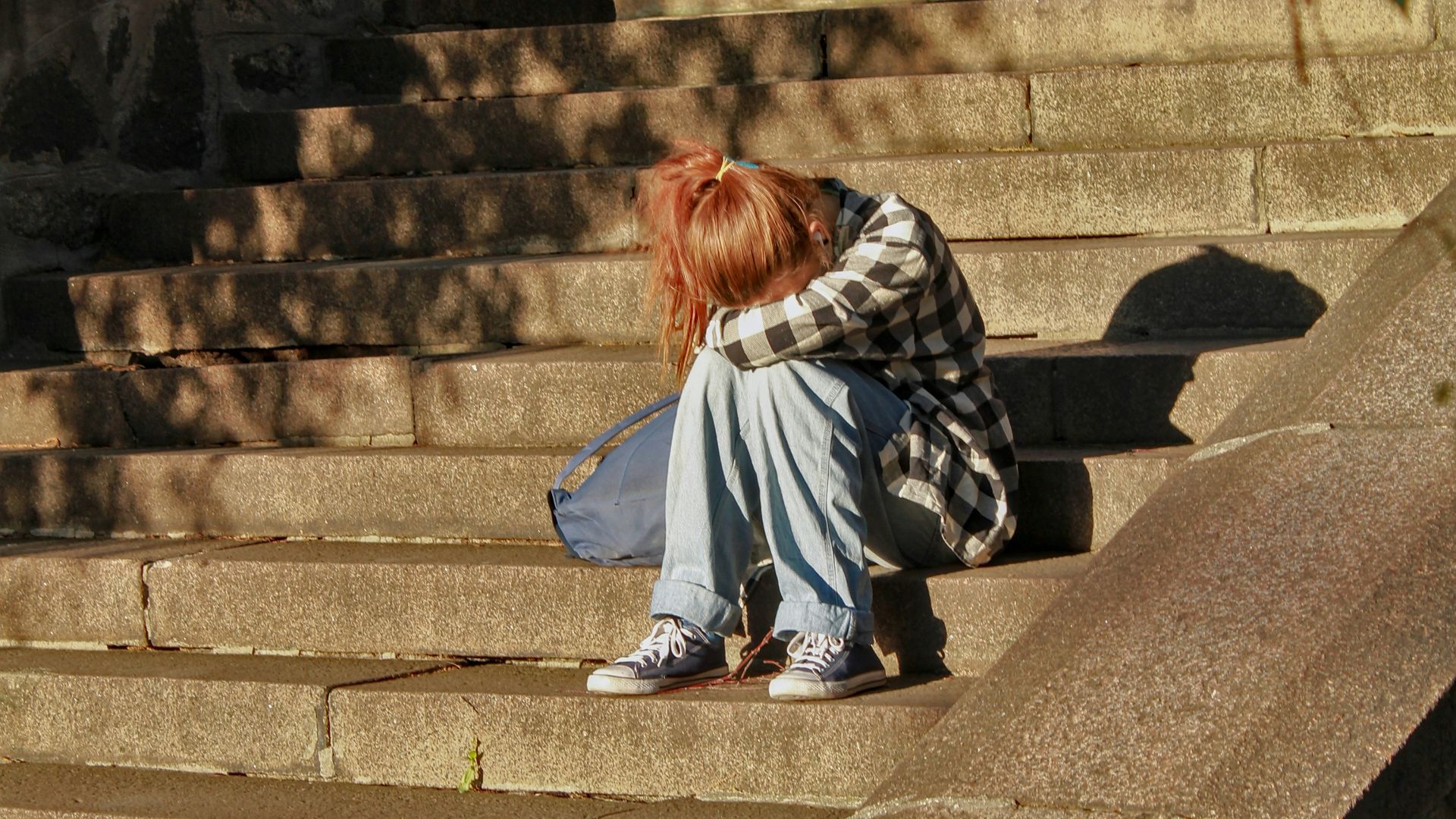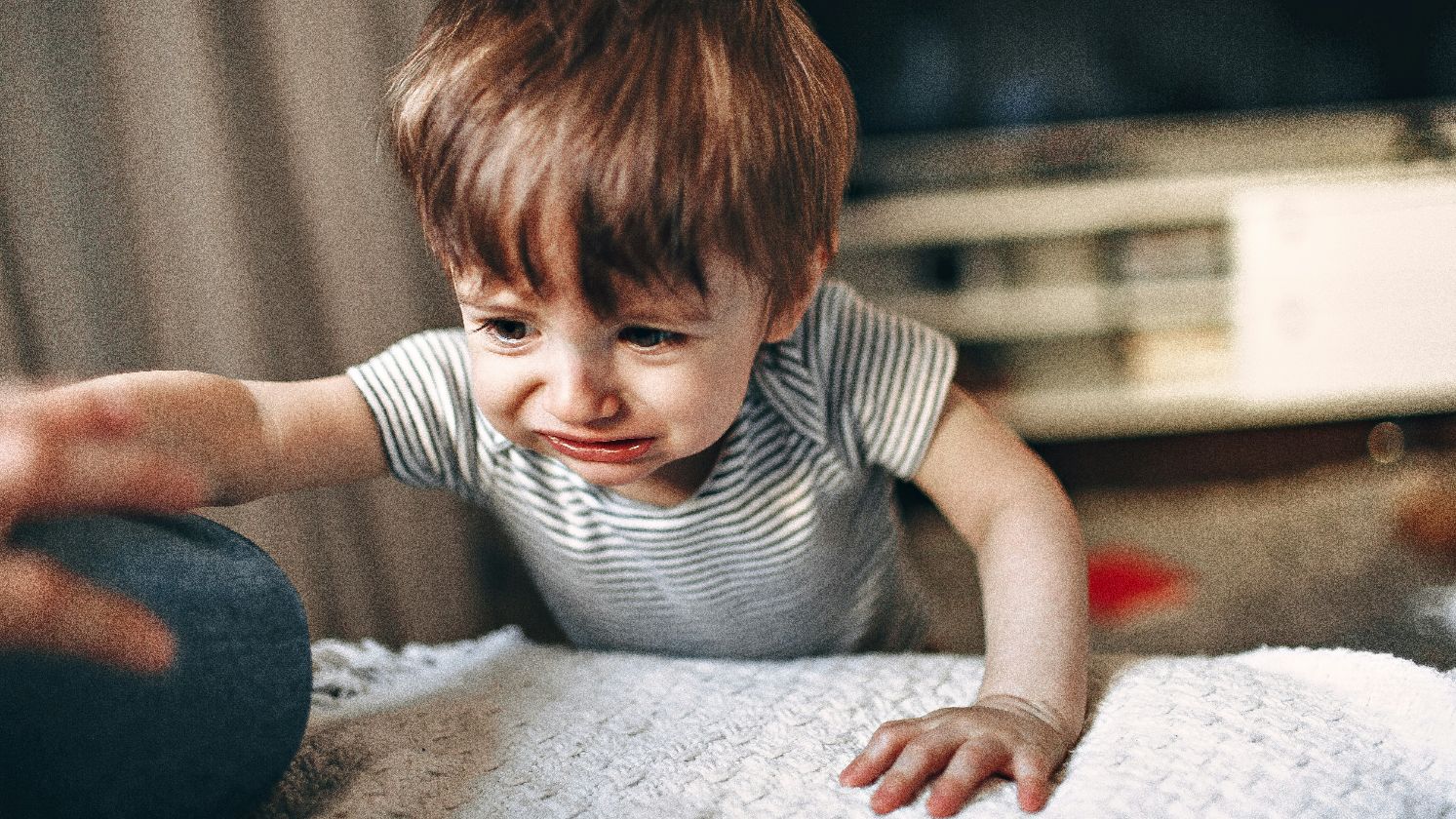“Why Don’t My Kids Call Me?”
Parenting is hard—there’s no way around it. It’s a 24/7 job filled with everyday stresses and scrutinized techniques, some of which have long-lasting effects on our kids. While every parent stumbles now and then, some make pretty costly mistakes. Let’s dive into 20 of the biggest ones.
1. They Don’t Encourage Independence
It’s one thing to encourage children to ask for help, but it’s another to stunt their independence. Whether it’s not teaching them basic skills (like laundry, financial responsibilities, or cooking) or psychological control, that kind of parenting harms self-confidence. Independence allows your kids to grow and make decisions for themselves.
2. Mocking Hobbies or Interests
Uh oh. You wanted Timmy to pursue that law degree, but he’s developed an interest in music. That’s okay! Don’t shame your kids for developing their own hobbies or interests. Not only does that completely undermine their confidence, but it could also deter them from pursuing their passions.
3. They Don’t Allow Freedom
As children grow, so does their freedom—in a perfect world anyway. However, some parents don’t grant their aging children the freedom they need to build relationships and boost confidence. More freedom also puts children on the path to more independence, and some parents have a harder time with the transition.
4. They’re Helicopter Parents
It’s natural to want what’s best for your kids, but helicopter parenting takes it to the extreme. Inserting yourself in every facet of their lives harms children in all kinds of ways. It impacts their decision-making, their confidence suffers, and there’s a greater risk of anxiety down the road.
5. Expecting Perfection
There’s no such thing as perfection, so try not to push that narrative on your kids. The last thing you want is for them to walk on eggshells all their lives, self-flagellating over an A- instead of an A+. Pushing perfection not only heightens anxiety, but turns kids into perfectionists as well.
6. Comparing Them to Others
“Why can’t you be more like so-and-so?” From living in a sibling’s shadow to resenting their friends, those comparisons have lasting impacts; those poor kids are left with a lifetime of ignoring their achievements and striving for unattainable goals. It’s important to accept kids for who they are and celebrate their accomplishments.
7. Belitting (or Ignoring) Achievements
Good parents support their kids, patting them on the back for milestones like earning a degree or acing their report card. However, some parents fluff off achievements. Children raised in this environment typically grow up to feel insecure or entirely unworthy of their accomplishments, all of which lead to bigger problems like imposter syndrome and anxiety.
8. You’re a Friend, Not a Parent
It’s important to welcome honest discussion with our kids, but it’s just as important to toe the line between friend and parent. Crossing it creates an unhealthy dynamic and undermines your authority.
9. Not Setting Boundaries
Parenting can feel like a balancing act. Which boundaries are too far? Which punishments are too harsh? Though it's tough to navigate, establishing proper boundaries ensures a healthy relationship between you and your child. This includes anything from bedtime and chores to curfew and screentime.
10. Protection From Failure
We’d love to shield our kids from the world’s ugly side, but failure is actually a huge part of their development. By letting them make mistakes, you open the door to better problem-solving and more independence, which lets them thrive in adulthood.
11. Oversharing
Remember how we talked about the difference between a parent and a friend? There’s a subsect that warrants attention: oversharing. Children shouldn’t hear your secrets. They also aren’t suitable replacements for therapists or even other adult friends. Oversharing puts way too much pressure on them to say the right thing, solve inappropriate issues, and carry heavy burdens.
12. Not Giving Them Any Privacy
Children can have a diary or private conversations with their friends—all without someone hovering. Violating privacy only breaches trust, which easily hurts your relationship. Not only that, it hurts their relationship with others and can make it hard for them to trust people in adulthood.
 Marcos Paulo Prado on Unsplash
Marcos Paulo Prado on Unsplash
13. Neglecting Them
Whether intentionally or not, neglecting children does all kinds of lasting damage. From mental illnesses to physical health concerns (like heart disease and obesity), the side effects of childhood neglect aren’t easily overcome.  Yan Krukau on Pexels
Yan Krukau on Pexels
14. Not Enforcing the Rules
The kids might not like it, but it’s important to stick to the rulebook. Reneging on punishments or giving too many chances creates a significant power imbalance. It ultimately teaches kids that you aren’t serious about boundaries, and can encourage them to manipulate their way out of punishments.
15. Aggressive Behavior
Spanking, constant yelling, the silent treatment—these parenting techniques were once tried and true for some, but studies today show their harmful effects. Not only do these methods affect self-esteem, they also encourage children to live in a state of fear.
16. Living Vicariously Through Them
You may have wanted to be a rockstar at his age, but Timmy has his own path to follow. Projecting doesn’t do your kids any favors; it minimizes their aspirations, pushes them toward unfulfilling lives, and puts far too much pressure on them. Let those kids follow their own dreams!
17. Over-Reliance on Screens
It’s one thing to get a moment of peace, but it’s another to plop kids in front of a screen all day. Too much screentime impedes everything from cognitive development to attention spans, so it’s important to let kids find stimulation through other means.
18. Setting Bad Examples
There’s a reason they say children are like sponges. They learn from those around them, mainly their parents, which means setting a good example is crucial. From how you talk about your physical appearance to how much time you spend on the phone, proper examples pave a child’s way.
 Photo By: Kaboompics.com on Pexels
Photo By: Kaboompics.com on Pexels
19. Enabling Every Whim
We all know kids are impulsive, but it’s a parent’s job to curb those behaviors. Enabling children destroys relationships from the get-go. They could easily grow up entitled to the same behavior (and react poorly when things don’t go their way) or avoid challenges later in life.
20. Micromanaging Them
Parents need to let their children live their own lives. Micromanagement is detrimental to a child’s self-esteem, their coping skills, and their mental health. In fact, research shows that children raised in a controlling environment often suffer from high stress, depression, and anxiety.


